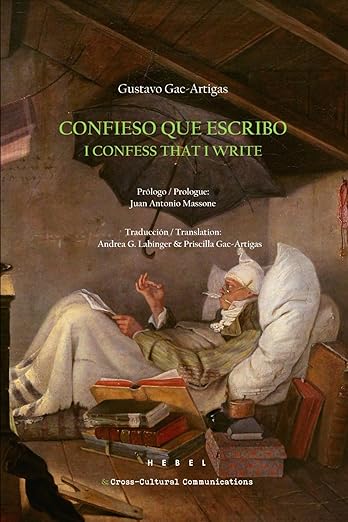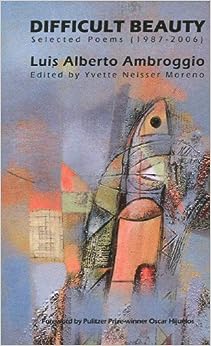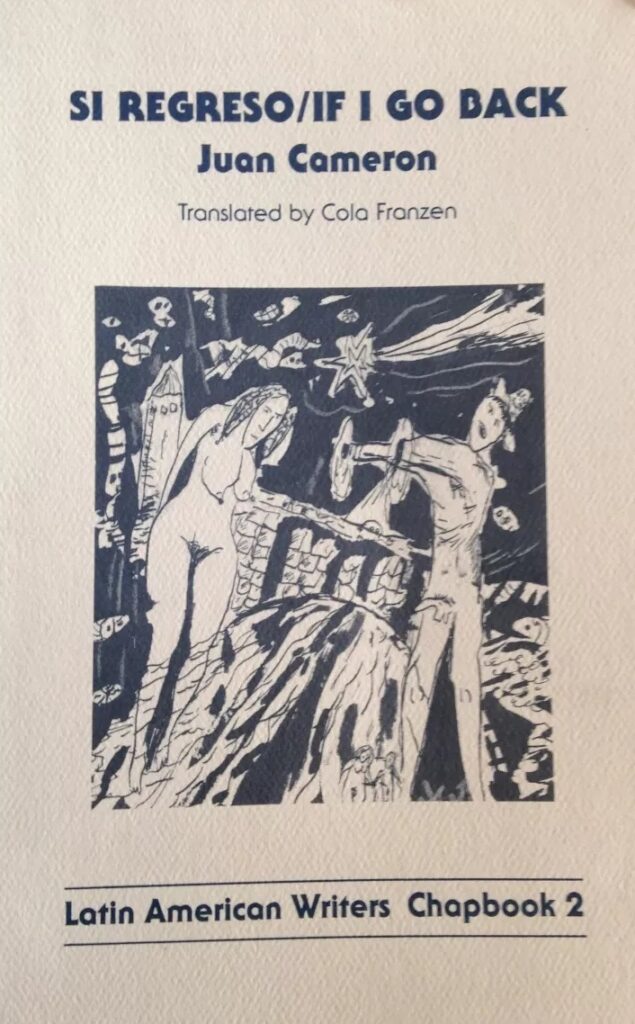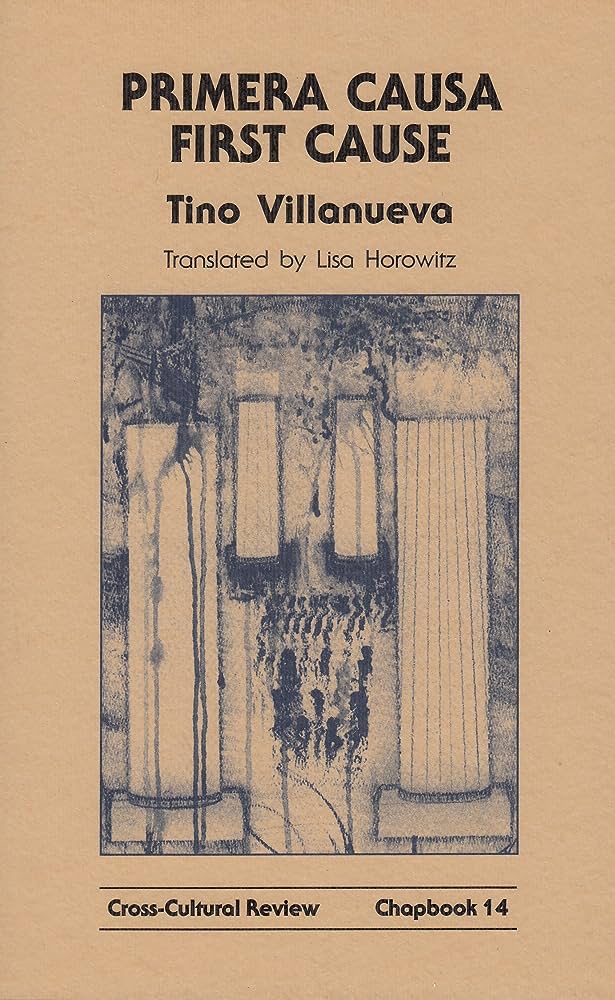
Poetry by Gustavo Gac-Artigas
2024
Edited by Luis Cruz-Villalobos & Stanley Barkan
Translated by Andrea G. Labinger and Priscilla Gac-Artigas
Chilean poet Gustavo Gac-Artigas invites us to join him on a heroic journey in search of purpose and affirmation. Achingly personal, yet at the same time universal, Gac-Artigas’s elegant poetry chronicles his quest to reveal life’s meaning (“What purpose lies within my verses?”). His translators have captured both the beauty and the intent of the original Spanish, thus allowing English-speakers to share in the poet’s search, an undertaking marked by the tension between what the heart knows and what the intellect accepts. (“How I would have liked / to let myself be guided by my heart / and not by reason”).
Gac-Artigas’s journey is not an easy one. There are myriad challenges and struggles as befit a hero or a pilgrim. How to express a life’s purpose? (“I write for you / to find myself”). How to condense the experiences of decades on a finite number of pages? Language can be slippery and confusing. At times, the poet must contend with letters that defy being written down or that disappear altogether. In the act of asserting his voice, he is often cast adrift in time, or exiled to a foreign land somewhere between the world of the living and that of oblivion.
In this collection, Gac-Artigas returns to earlier themes of longing and nostalgia, of exile and belonging, and of hoping to triumph over Death through remembrance. These are struggles with which each of us has to contend at some point. Does our life have meaning? Will I have mattered to anyone? The title Confieso que escribo is a nod to fellow Chilean poet and Nobel laureate, Pablo Neruda (Confieso que he vivido). Both men confront universal, yet personal, questions through their writing and in doing so, continue an ages-old tradition of intertextual conversation. We are not alone in our struggle with Life and Death. It is possible to find some type of exhortation to continue or some note of consolation in the words of others. In Gac-Artigas’s “this is not a sonnet,” the last verse is that of the Spanish Baroque poet, Luís de Góngora (1561–1627) from his poem lamenting the passage of time and the loss of youth and beauty (“Mientras por competir con tu cabello”). It is a chilling farewell made even more so by Gac-Artigas’s omitting the other verses of the sonnet so that only this last sentence remains: “in earth, in smoke, in dust, in shadow, in nothing.” Yet, in writing, there is an immortality. As the poet declares in “definitions and hesitations”
To write about the life we’ve lived
Allows us to write about the future
To go beyond the present allows us to escape death
And in translation, the remembrance is extended beyond original language, culture, and time.
Gac-Artigas is fortunate to have two gifted translators, Andrea G. Labinger y Priscilla Gac-Artigas, bring his work to an English-speaking readership. Their translation is as fluid, as melodic, and as true as the original Spanish. It is an absolute pleasure to read both languages side-by-side as presented in this bilingual text. Any Spanish- or English-language reader will savor the rich opportunity to experience Gac-Artigas’s poetry, and to accompany him on his search for meaning. Simply stated, Confieso que escribo/I Confess That I Write is a poetic jewel.
—Kristine Doll
Salem MA
September 2024
Paperback: 214 pages ISBN-10: 0893047317 ISBN-13: 978-0893047317 Weight: 11.4 ounces Dimensions: 6 x 0.54 x 9 inches
(Hebel & Cross-Cultural Communications, 2024)



